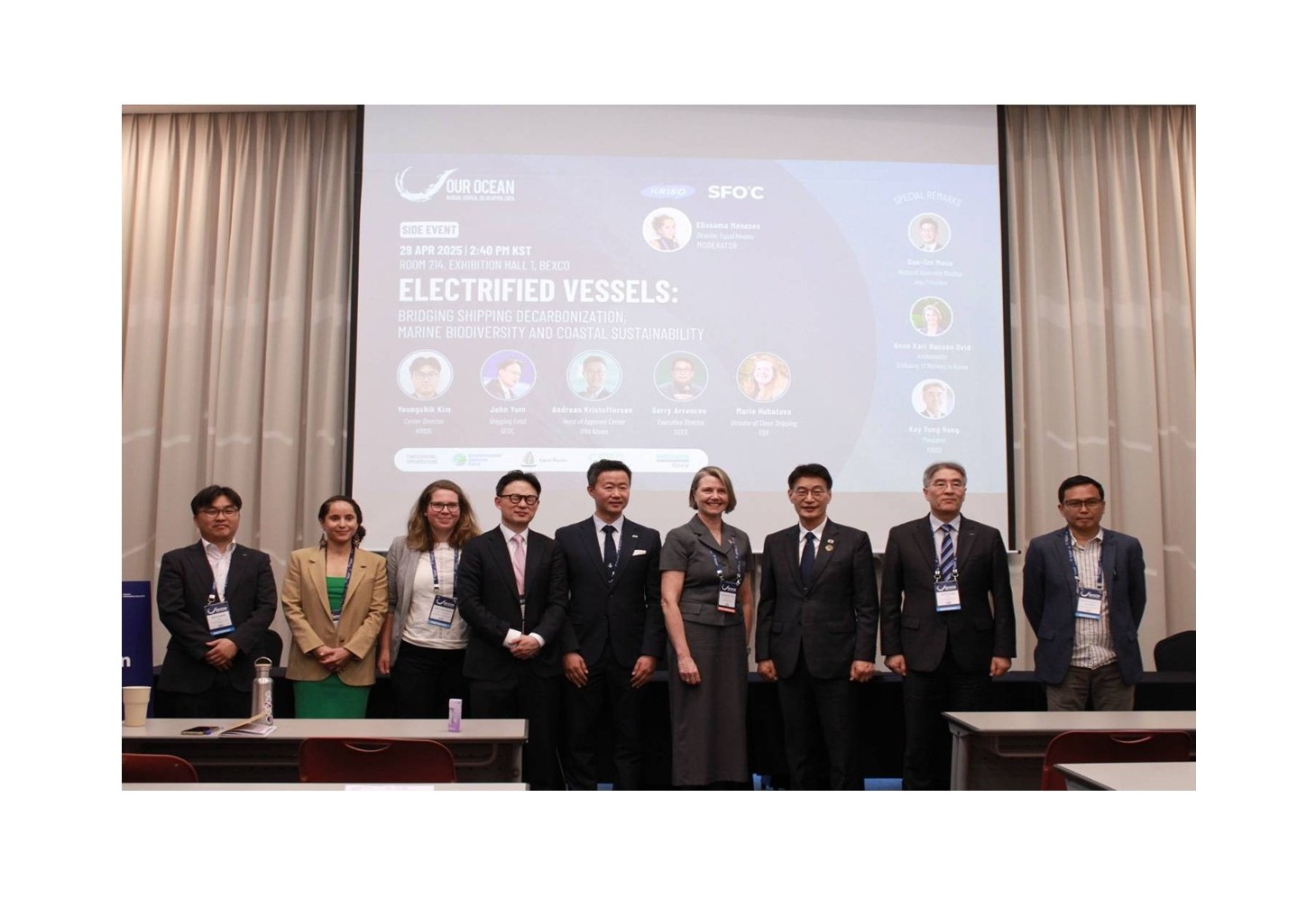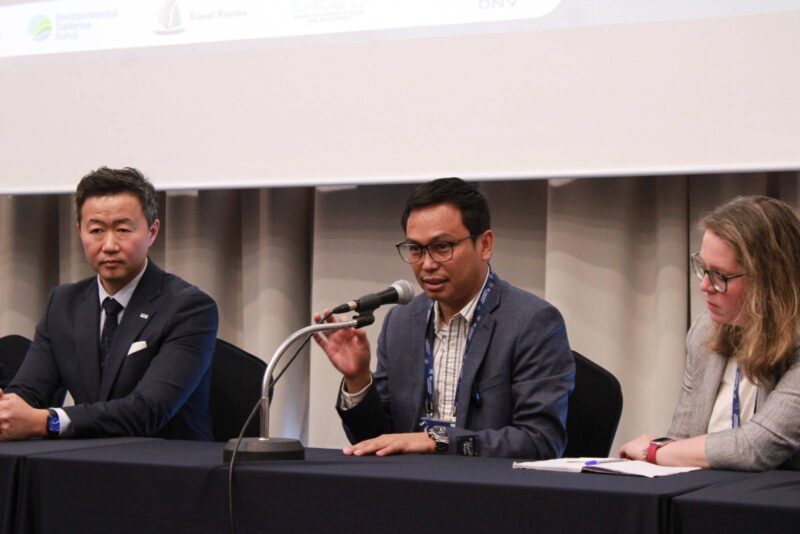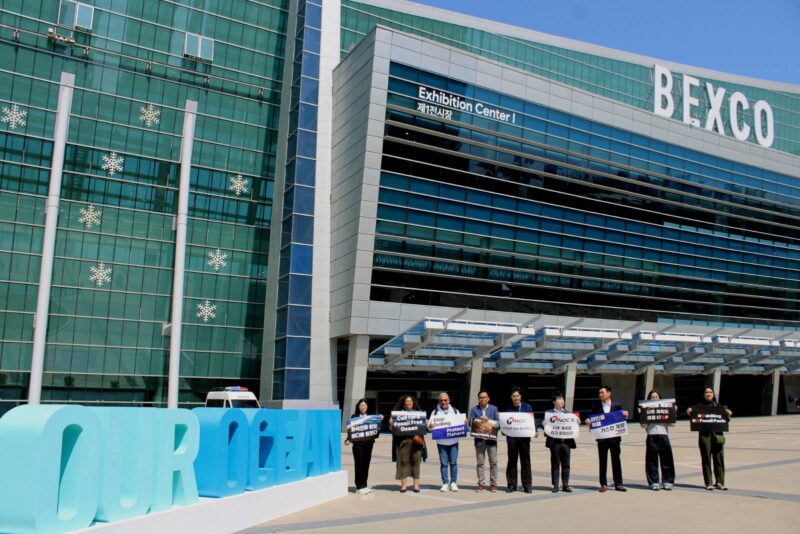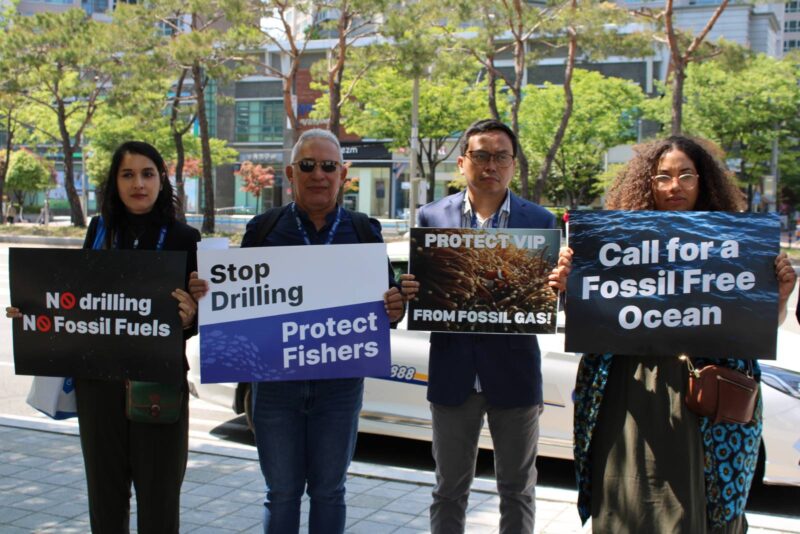Call to stop fossil gas expansion in Southeast Asia’s marine biodiversity hotspots made at Our Ocean Conference 2025

Busan, South Korea — At the 10th Our Ocean Conference, Southeast Asian (SEA) civil society called for an urgent end to massive expansion plans for fossil gas in the region to protect its diverse marine ecosystems.

SEA is home to critical marine biodiversity hotspots, including the Coral Triangle, the Verde Island Passage (VIP), and the Mekong Delta. The Coral Triangle alone, known as a global center of marine biodiversity, provides over 120 million people in the region with food and livelihood. Unfortunately, over 136 gigawatts (GW) of fossil gas power plants and a plethora of import and export terminals are still planned throughout SEA.

“The Coral Triangle is the beating heart of our planet’s marine life, yet it and other crucial marine ecosystems in Southeast Asia are in peril from the expansion of liquified natural gas and other fossil operations,” said Gerry Arances, Executive Director of the Center for Energy, Ecology, and Development (CEED) and Convenor of the Southeast Asia Working Group on Fossil Gas and Just Energy Transition.
Offshore oil and gas production also poses grave risks to biodiversity, with about 80 marine protected areas in the Coral Triangle completely covered by oil and gas blocks. If all blocks proceed to the production phase, 16% of the Coral Triangle would be directly impacted by fossil fuel development.
“This fossil fuel buildout promises nothing but the destruction of marine life and the pollution of our air and water, jeopardizing the health and livelihoods of our region’s many coastal communities,” Arances added.
Arances noted that the region has significant potential for renewable energy, which counters propositions that planned fossil gas expansion is necessary in SEA’s energy transition and alignment with climate goals.

“Southeast Asia currently operates 33.8 GW of renewable energy capacity, with plans to expand nearly 398 GW — an eleven-fold increase, led by countries like Vietnam and the Philippines. This momentum must be matched by decisive government action to ensure a just energy transition that prioritizes our people and our oceans. Advancing renewable energy would not only unlock sustainable and reliable energy for Southeast Asians, but also contribute to strengthening climate resilience among our most vulnerable communities and ecosystems,” said Arances. ###

